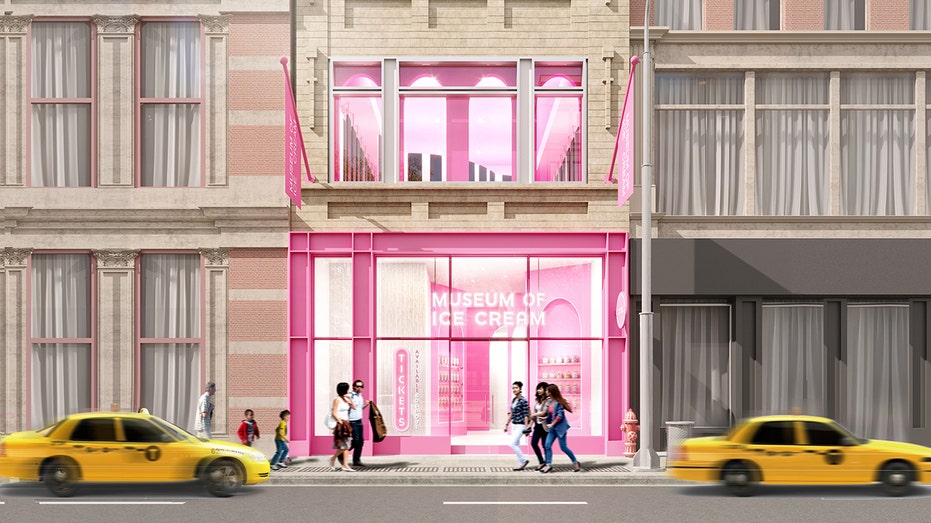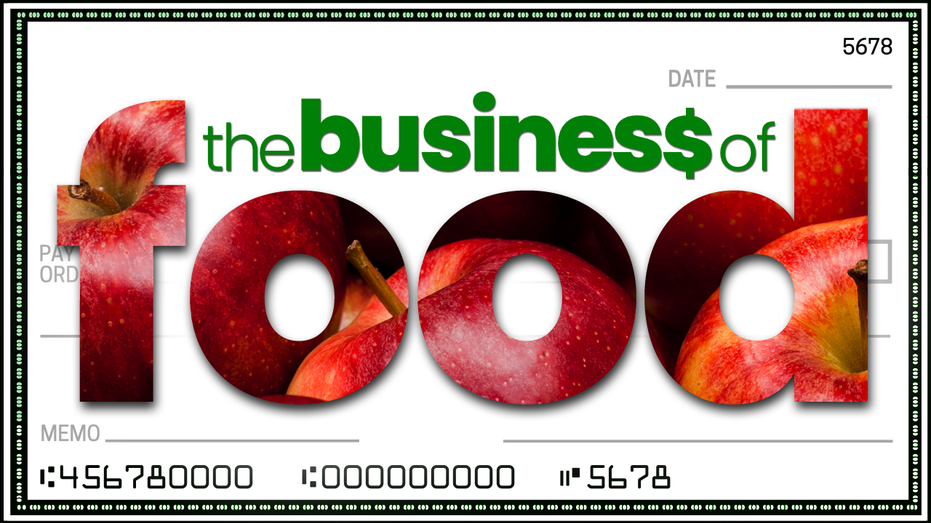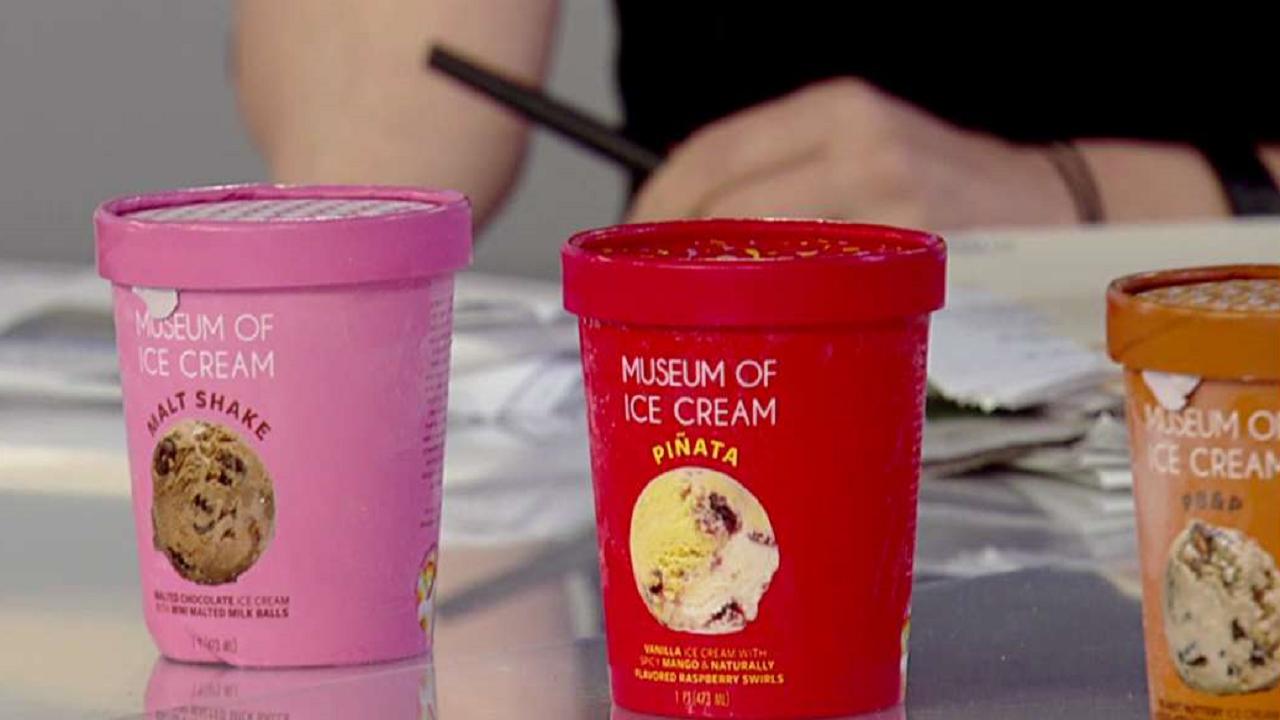Museum of Ice Cream scoops NYC flagship location, eyes global expansion
The ice cream market is forecast to reach $97 billion by 2023
Ice cream is getting Disney World treatment.
The Museum of Ice Cream, the food art exhibit dedicated to summer’s favorite frozen dessert, will become a permanent fixture in New York City Saturday, its second permanent flagship in the U.S., with plans for global expansion. The New York City location will be at 558 Broadway in Lower Manhattan.
When the Museum of Ice Cream opened as a pop-up in New York in 2016 complete with a sprinkles pool (fake sprinkles that is) and edible ice cream cone art, it sold 300,000 tickets priced at $18 each in just five days within its opening. Since then, it moved to the West Coast, with tickets selling out in less than 90 minutes. People have traveled from 80 countries around the world, from China to Denmark, to get an Instagram moment with the museum's interactive exhibits.

The Museum of Ice Cream is opening a three-story flagship in New York City on Thursday. (Courtesy of MOIC)
Now, the MOIC is valued at $200 million as it continues to broaden its offerings in the food and retail space. The start-up raised $40 million in August. The concept of building a sensory experience has prompted a number of other food-centric popups to follow its sweet success with similar business models. The recipe is providing a nostalgic experience and expanding its retail presence and partnerships, Manish Vora, who co-founded the business with Maryellis Bunn in 2016, told FOX Business.
“We’re combining the hospitality of an ice cream shop that’s nostalgic with the hospitality of a five-star restaurant," she said. "We need to get people off their phones and come out – it’s the same driver that’s impacting restaurants and retail. What is actually going to make for a more fun experience than shopping at home on your phone?” She added that guests spend 90 minutes in the space on average.
The start-up has since pivoted to the retail and direct-to-consumer base to garner brand recognition from consumers around the country. MOIC rolled out its own branded ice cream with seven flavors, like its Churro Churro cinnamon sugar variety, last July at more than 1,000 grocery store chains nationwide, including Target and Albertsons, and partnered with brands such as Sephora on sweets-inspired makeup products. Retail and food purchases are on track to make up 40 percent of its sales, with the majority coming from ticket sales, the company confirmed.

A rendering of the new Museum of Ice Cream flagship location in New York City. (Courtesy of MOIC)
A slew of other food museum-like start-ups has emerged as ticketed pop-ups. The Museum of Pizza landed in New York City last year, charging $35 a ticket to snap selfies in pizza-themed rooms like a cheese cave and learn the history of the handheld food. And Candytopia, a Willy Wonka-esque experience, opened last year, charging $34 for adults to walk through the sugar-filled wonderland that’s spawned popups in cities including Miami, Phoenix and Philadelphia. It earned an estimated $5 million in ticket sales, attracting more than 150,000 people at its first installation in Santa Monica, California.
They often come with photo-worthy exhibits or sweets that become viral sensations on Instagram. Take the Miami-based Ice Cream Heaven, a sweet shop that specializes in giant ice cream cookie sandwiches rolled in popular cereals for a steep $16 each.
Or the giant milkshakes garnished with candy that attracted wraparound lines in 2014 to New York City-based burger restaurant Black Tap's locations.
The ice cream market garnered $70.8 billion in 2017 and is estimated to reach $97 billion by 2023. And big companies like Unilever are taking note of the demand for products with high-quality ingredients and reduced sugar. Unilever said some of its biggest success is from vegan ice cream alternatives from brands like Magnum and non-dairy flavors from Ben & Jerry’s.
TUPPERWARE PARTIES PACK FINANCIAL PUNCH FOR MODERN SELLERS
The popularity of dairy-free, plant-based ice cream has been on the rise in recent years. Halo Top, the low-calorie, low-sugar ice cream brand that averages between 280 to 360 calories per pint, has been valued at $2 billion.

The Business of Food explores the rapidly changing $1.5 trillion food industry every Tuesday on FOX Business.




















